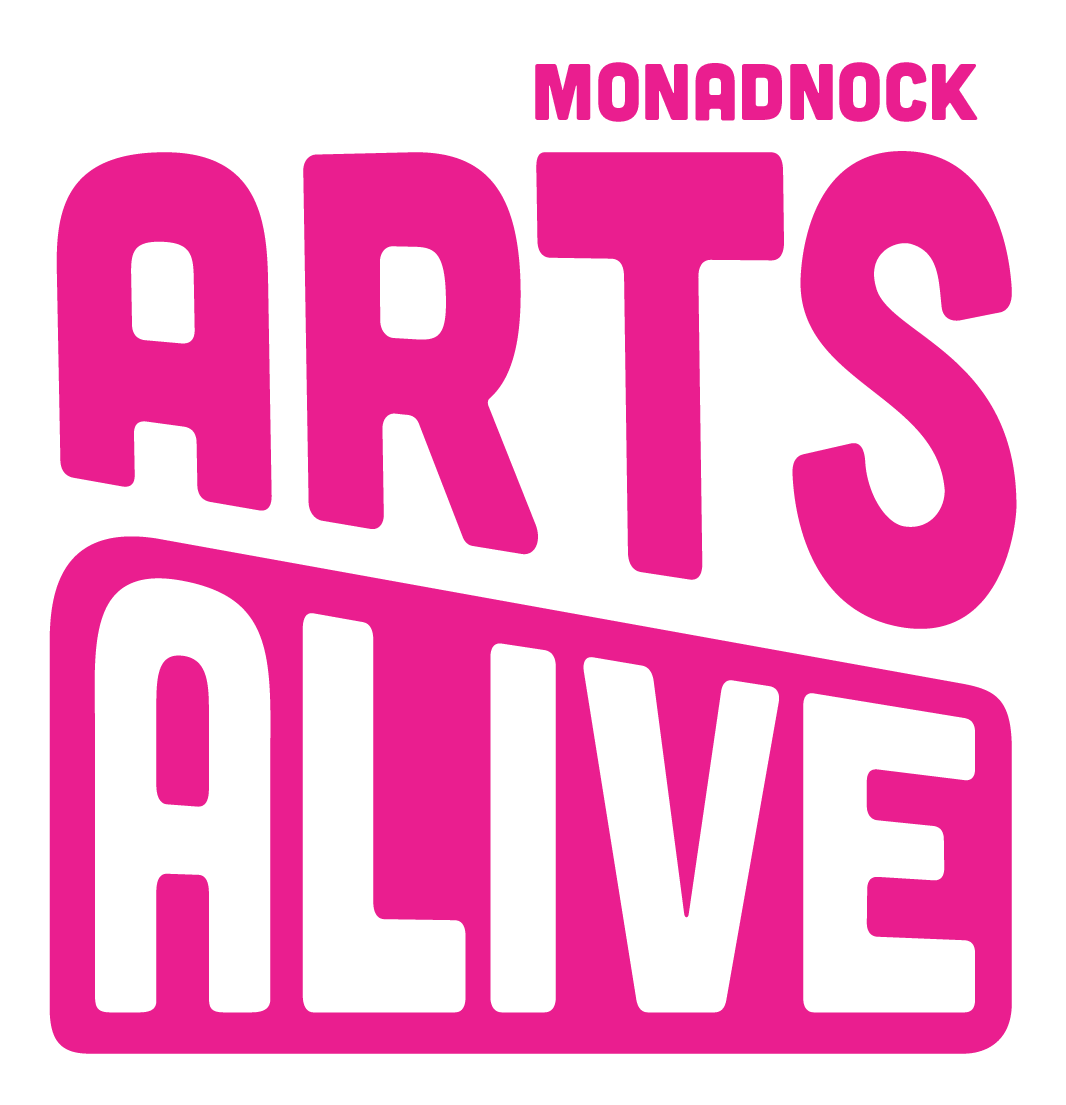Violinist Louisa Stonehill and pianist Nicholas Burns dedicate their time to bringing people from all ages and backgrounds together to enjoy chamber music through live performance and education.
This was the couple’s goal in forming Ashuelot Concerts (a chamber music series) five years ago, when they moved to Keene from their native London.
“We didn’t have any idea about how nonprofits operate in the U.S.,” said Burns.
Soon after they arrived, they hosted three concerts in Keene, one during which they learned about Monadnock Arts Alive!’s Fiscal Sponsorship and Incubator Program, for groups, individual artists and one-time project coordinators seeking to start a nonprofit arts or culture-oriented organization is in the Monadnock Region.
Arts Alive! works with artists to achieve 501(c)3 status for collecting tax deductible donations and applying for grants that require it. Among the local arts initiatives currently part of the Incubator Program are NH Arts Learning Network, Friends of Public Art (FPA), The Magical History Tour and Nova Arts Block.
“(The program) was Instrumental in us being able to establish and operate as a nonprofit,” said Burns. “We learned important lessons to operate as a legal entity. It allowed us to start to build our organization around what we were doing, organize, establish plans and garner the support of the community. (Arts Alive!) provided a sounding board and was a source of advice.”
The couple, professional musicians who perform around the world as The Steinberg Duo (and as one half of the Samara Piano Quartet), launched a seasonal series of 10 public concerts and performances at area retirement communities and senior centers and performed 35 events at Keene schools.
Ashuelot Concerts performs at the Marlboro House in Marlboro, New Hampshire
Violin sonatas by Mozart, Beethoven and Schumann; Czech piano quartets; cello works by Debussy, Schumann, Martinů and Chopin and French piano quartets - served as material for the school program and each piece was introduced before it was played to provide context and the story behind it. A third arm of Ashuelot Concerts are recorded lectures about the concert music, composer and/or performer for people to explore further.
Burns feels while there are fans of chamber music in the region, the vast majority of people are not engaged or enthusiastic about it - chamber music only comprises 1 percent of the music being recorded today, for example. That’s because, he said, they haven’t seen a live performance.
“The premise of our nonprofit is about harnessing the electricity in live performance, playing in the same room with people sharing the same vibrations,” said Burns.
After two years participating in the Fiscal Sponsorship and Incubator Program, Ashuelot Concerts received 501(c)3 status in March of 2020, before the third concert season was about to start.
Just as they struck out on their own, the pandemic hit. Ashuelot Concerts pivoted quickly to hosting livestreamed music events.
Then the pandemic hit in spring of 2020. They now had an empty calendar.
The duo, who normally performed at Congregation Ahavas Achim, pivoted quickly and began hosting a series of livestreamed performances. People responded.
“Donations came in from across the country. We were able to reach even more people across the globe.”
Ashuelot Concerts has a dream for music education and they’ve been laying the groundwork in our region for the last three and a half years.
Now that the live concert season is up and running in 2021, Stonehill and Burns are returning to pursuing their ultimate mission: to form a foundation to sponsor no-cost music instruction and instruments for dedicated and disciplined children as well as a space to provide that education in the Monadnock Region. If fully realized, it would be a sustainable program that could be replicated.
“We’d train young musicians from scratch in a way more familiar in way sports are taught—using a supervised practice program five days a week with mandatory attendance,” said Burns. “Lessons and ensembles would be attached to that, and it would all be fully-funded.”
The program will provide access to those who may not otherwise have the chance.
“(These musicians) would have support, encouragement and understanding: that’s the dream,” said Burns.
Burns feels he and Stonehill were not equipped to make the transition to becoming a nonprofit and consider the Fiscal Sponsorship Program a major stepping stone in realizing that goal.
“We were two musicians at the start of this process and graduated as two nonprofit administrators,” said Burns. “To stand on a stage and ask for donations when you’re used to signing a contract and getting paid—we had to change our mindset. It’s not about you, it’s about the mission and the program you are trying to create. It’s about identifying the benefit you can provided and why people should invest in that benefit.”
Learn more about the Monadnock Arts Alive! Fiscal Sponsorship and Incubator Program at https://monadnockartsalive.org/fiscal-sponsorship



